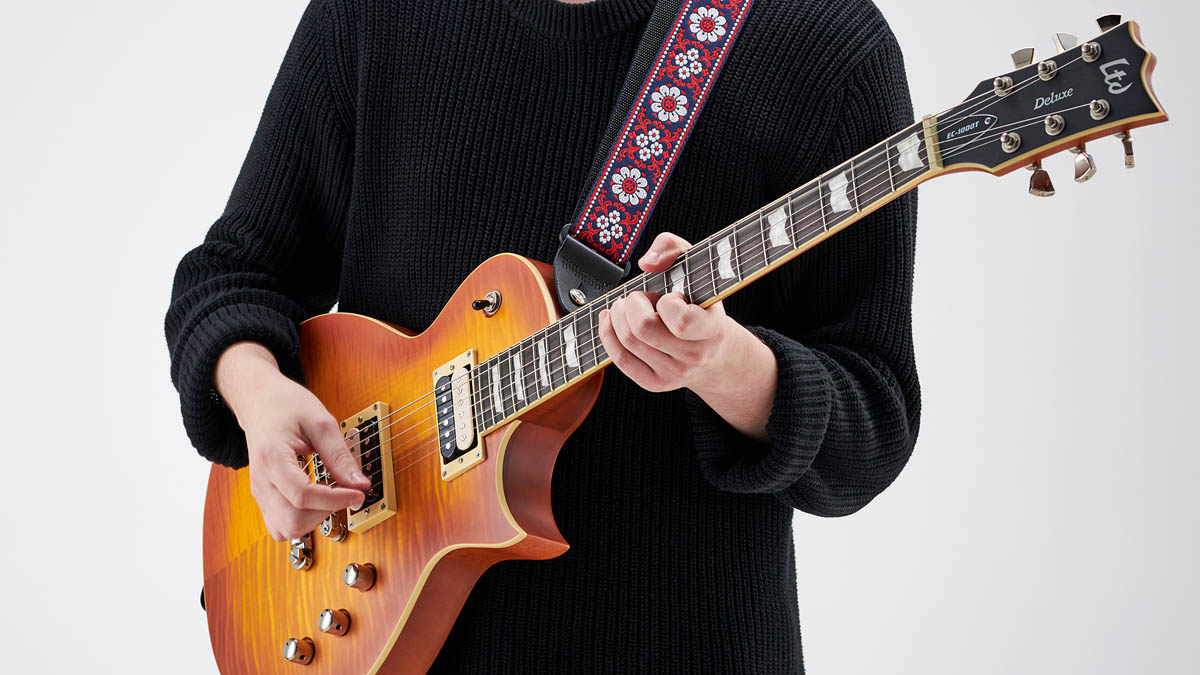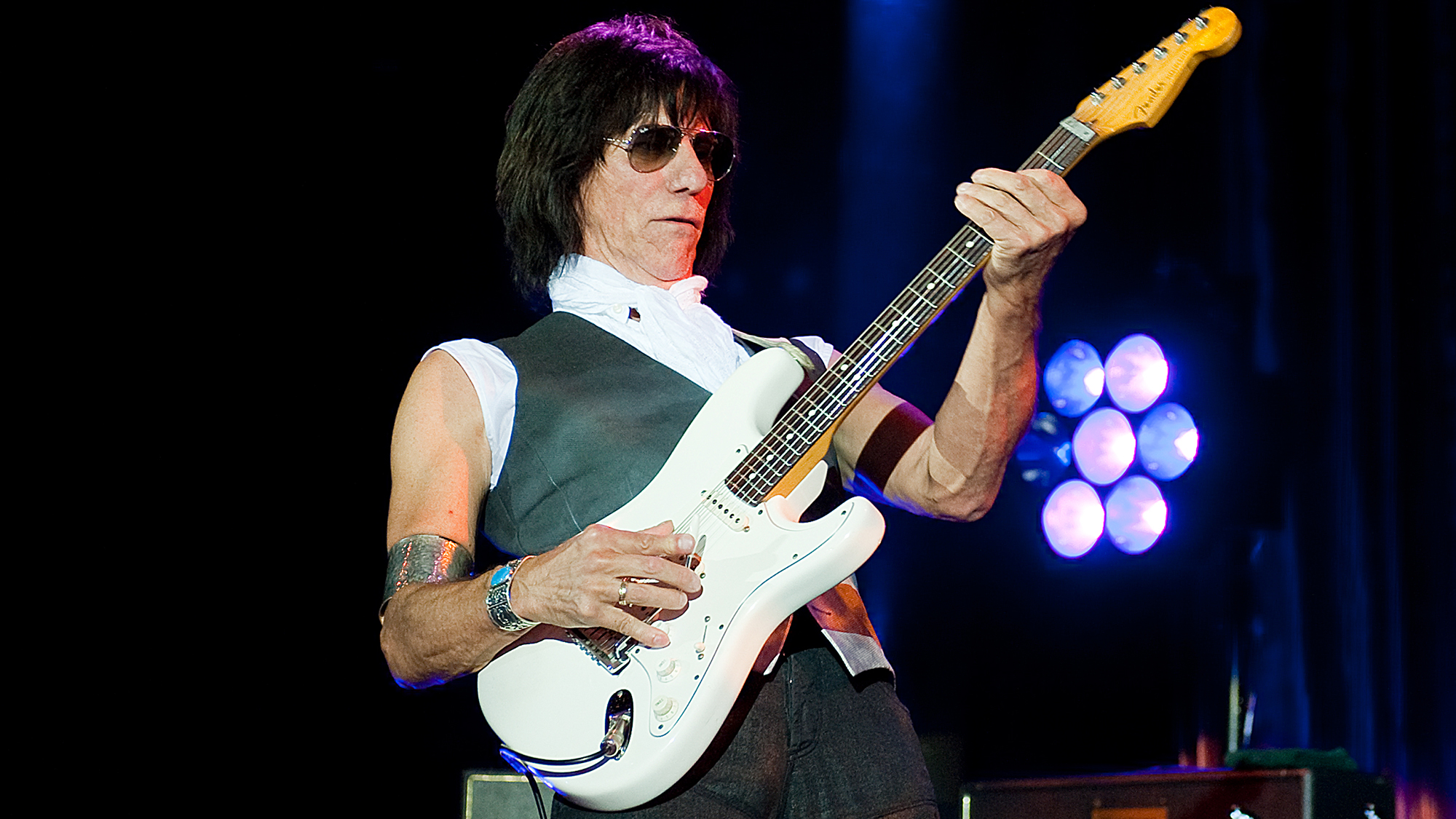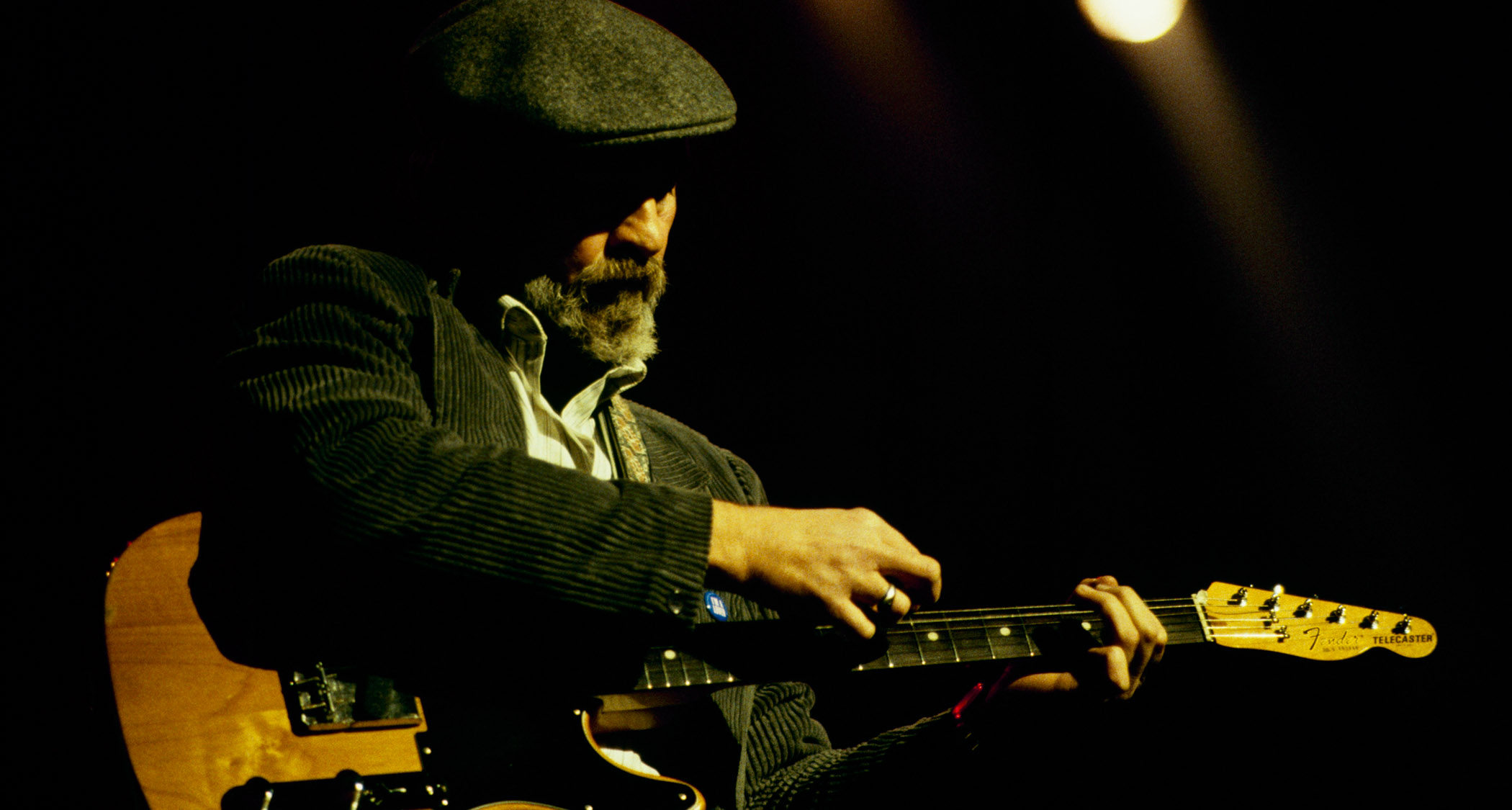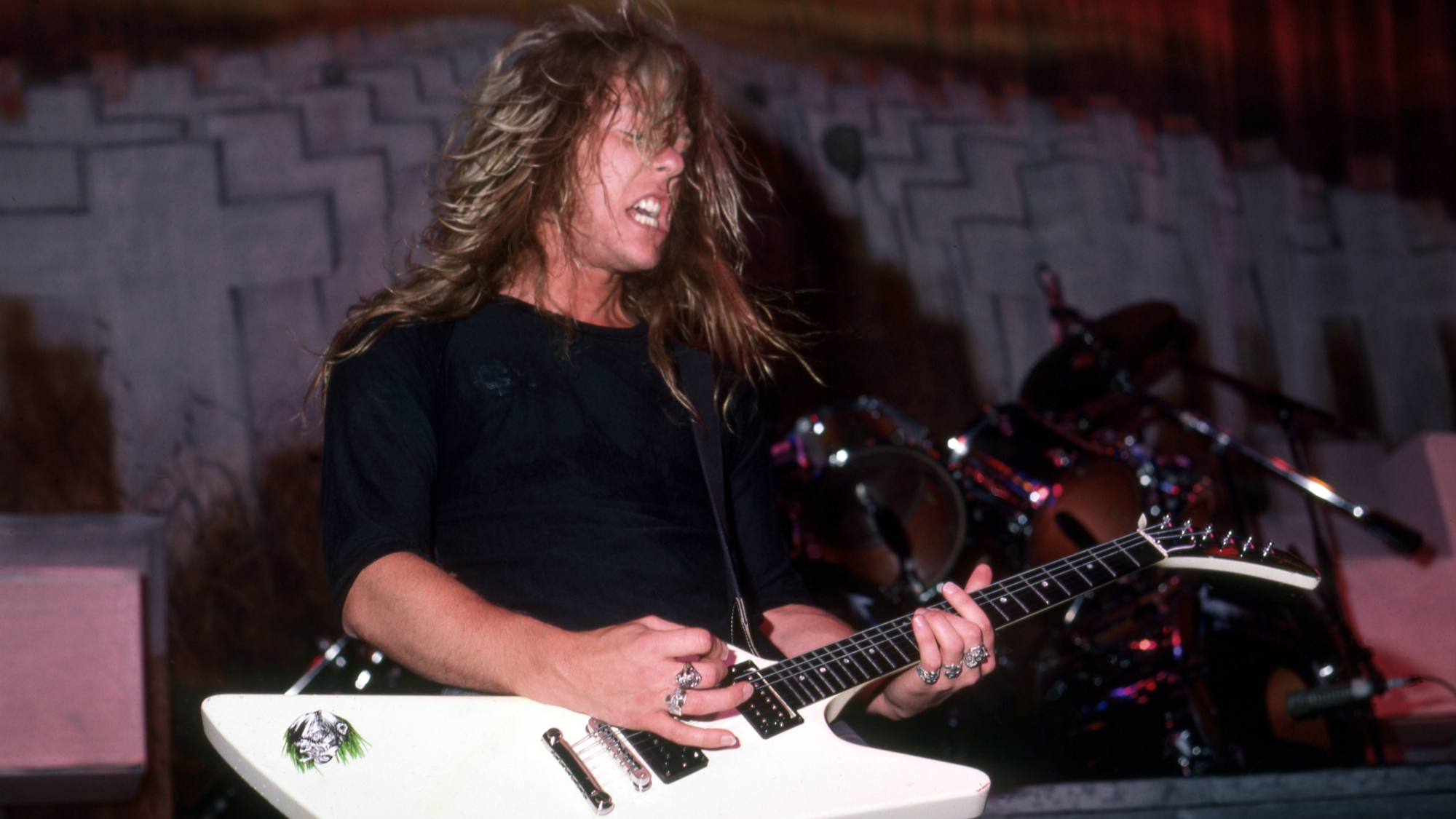How to create chord progressions that will bring your lead lines to life
Follow our theory tips and learn how to pair your melodies with the right rhythmic accompaniment

Many guitar players spend a lot of time working out how to solo over chords. Well, the opposite is also a common stumbling block. So, instead of starting with a chord progression and figuring out what to play over it, you’d be starting with a melodic lick that you want to put chords to.
Your first step is to work out what key you’re in. It’s usually easy to pin down the root note by ear. Next up, decide whether you need a major or minor sound. Playing any notes three frets above the root? Then it’s minor. Four frets and it’s a major key. Read on and we’ll show you how to choose some chords.
1. Rock ballad lick

This rock-ballad-style lick is in the key of A minor, which uses the notes A, B, C, D, E, F and G. The backing chords also use these notes.
For example, Am uses A, C and E notes; Em uses E, G and B; F is made up of F, A and C. Sharing notes is a guaranteed way to match up your licks and chords and keep them in the same key.
2. Different chords, same notes

Now try playing the lick over these chords. It’ll sound different, of course, but all the chords use notes from the key of A minor – so everything is still in key.
3. Comparing notes

The notes in the first chord (G) are almost the same the beginning of the previous progression (Em7): E, G, B and D for Em7, then G, B and D for a G chord.
4. Develop your ear

5. Notes from outside the key

You can try adding notes from outside the key too – just remember that it won’t always work. Here we’re adding a C# note (in the A7 chord) and an F# (D7).
Get The Pick Newsletter
All the latest guitar news, interviews, lessons, reviews, deals and more, direct to your inbox!
Total Guitar is one of Europe's biggest guitar magazines. With lessons to suit players of all levels, TG's world-class tuition is friendly, accessible and jargon-free, whether you want to brush up on your technique or improve your music theory knowledge. We also talk to the biggest names in the world of guitar – from interviews with all-time greats like Brian May and Eddie Van Halen to our behind the scenes Rig Tour features, we get you up close with the guitarists that matter to you.








![Joe Bonamassa [left] wears a deep blue suit and polka-dotted shirt and plays his green refin Strat; the late Irish blues legend Rory Gallagher [right] screams and inflicts some punishment on his heavily worn number one Stratocaster.](https://cdn.mos.cms.futurecdn.net/cw28h7UBcTVfTLs7p7eiLe.jpg)


